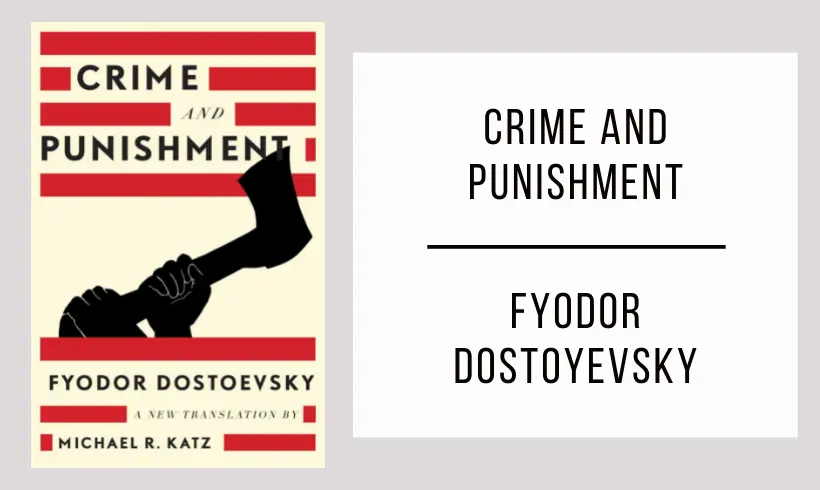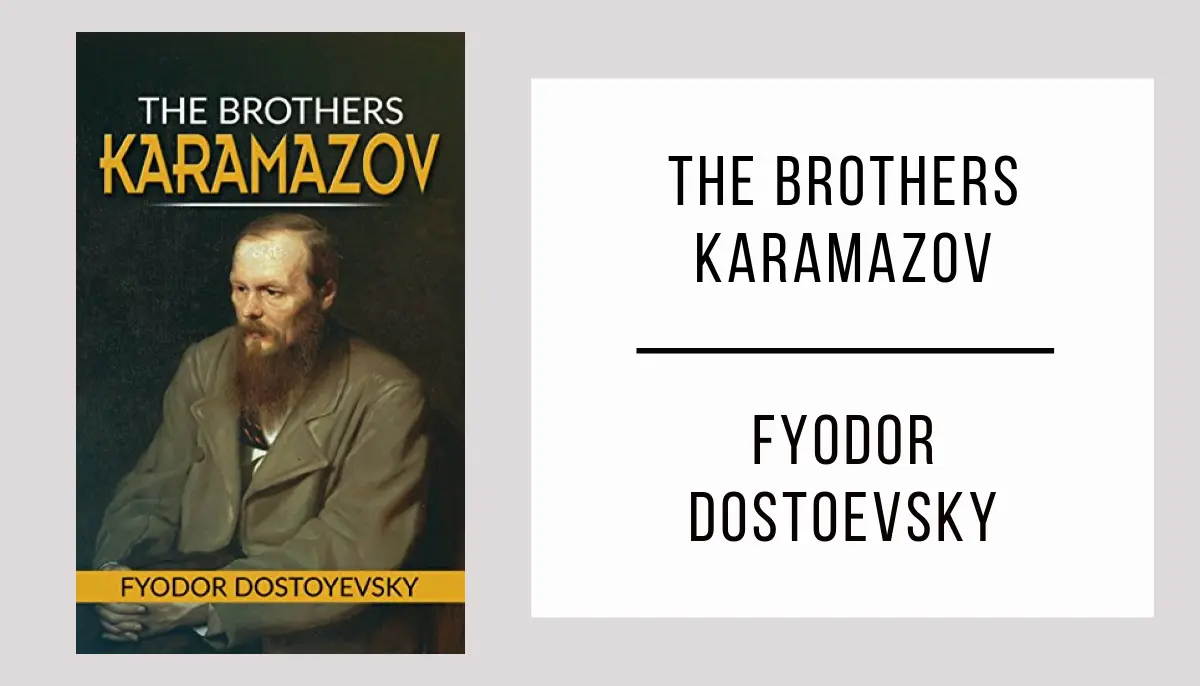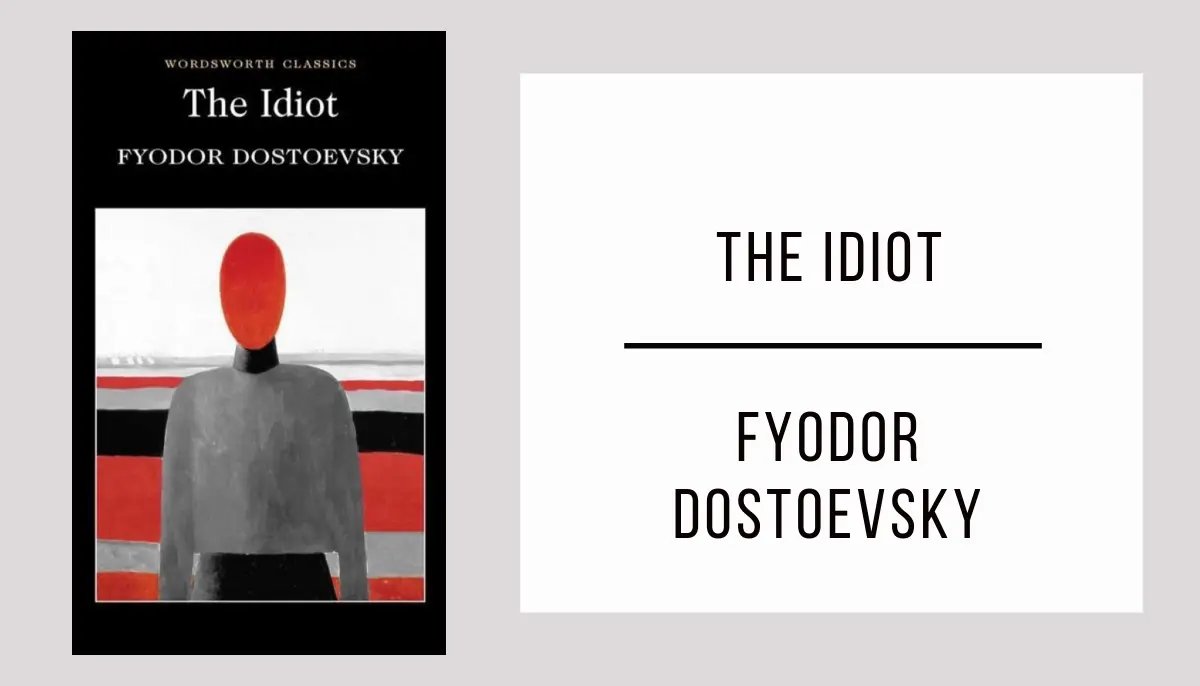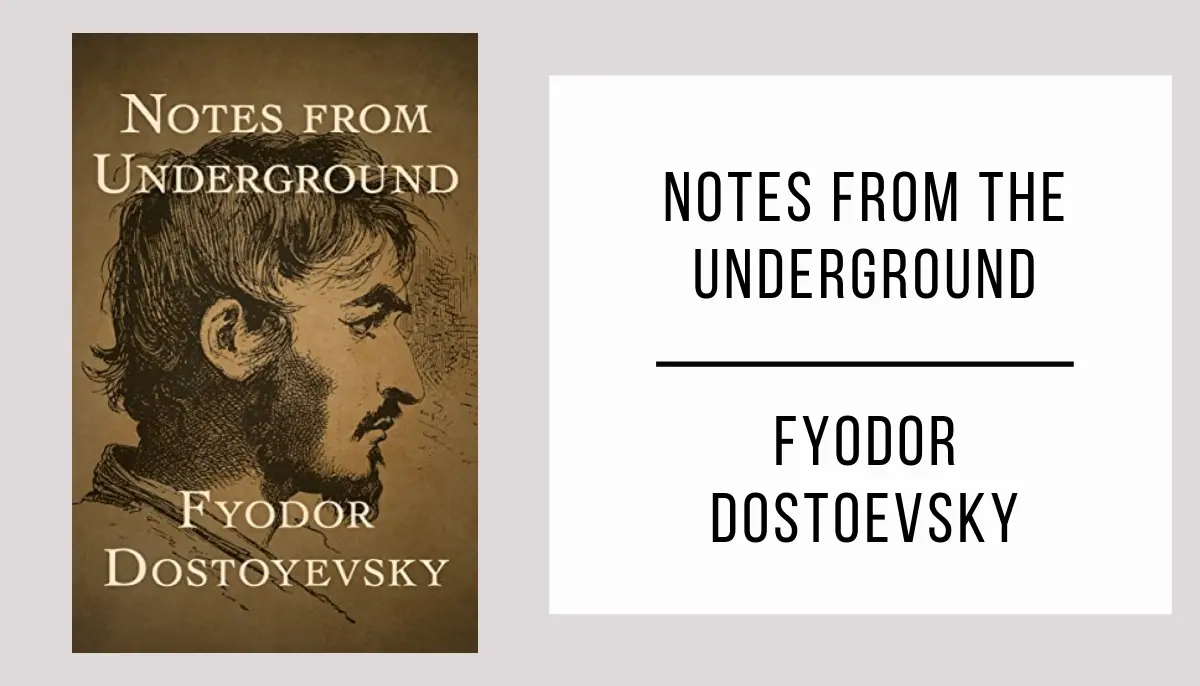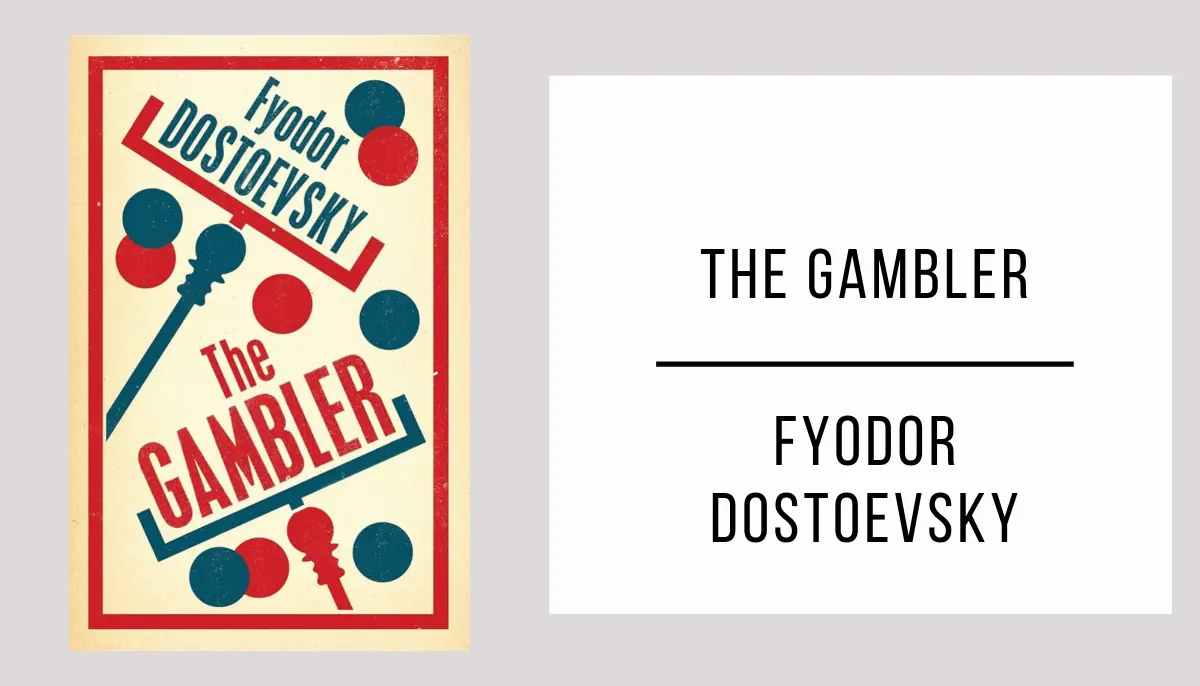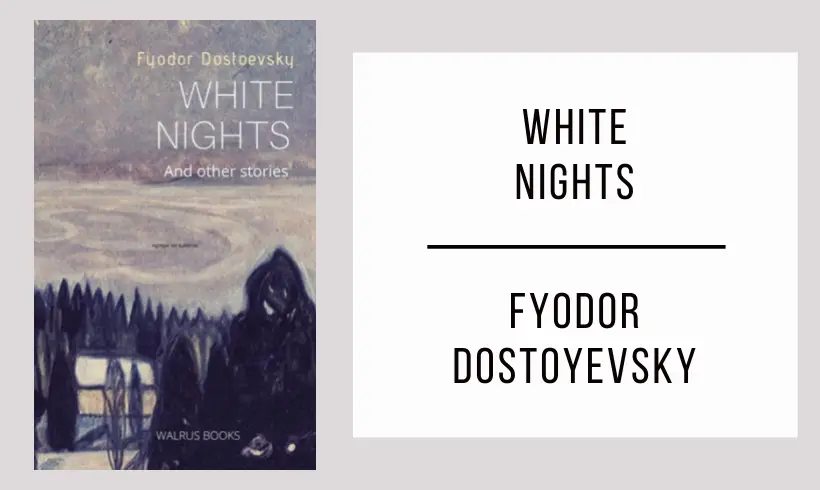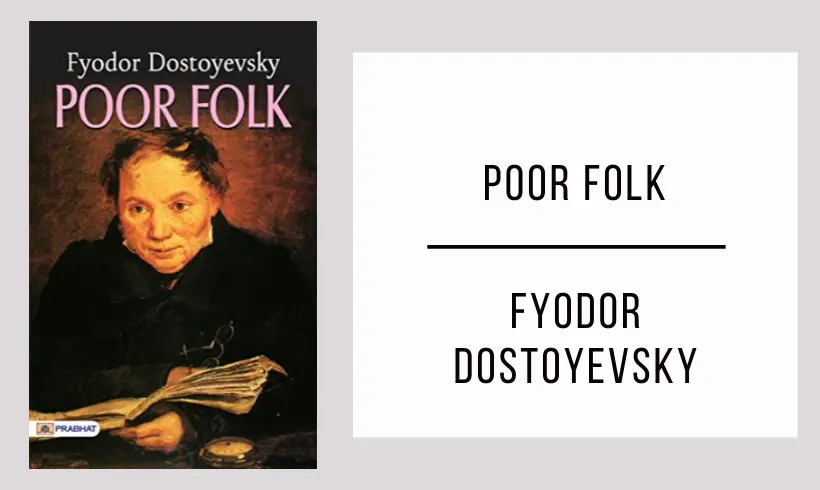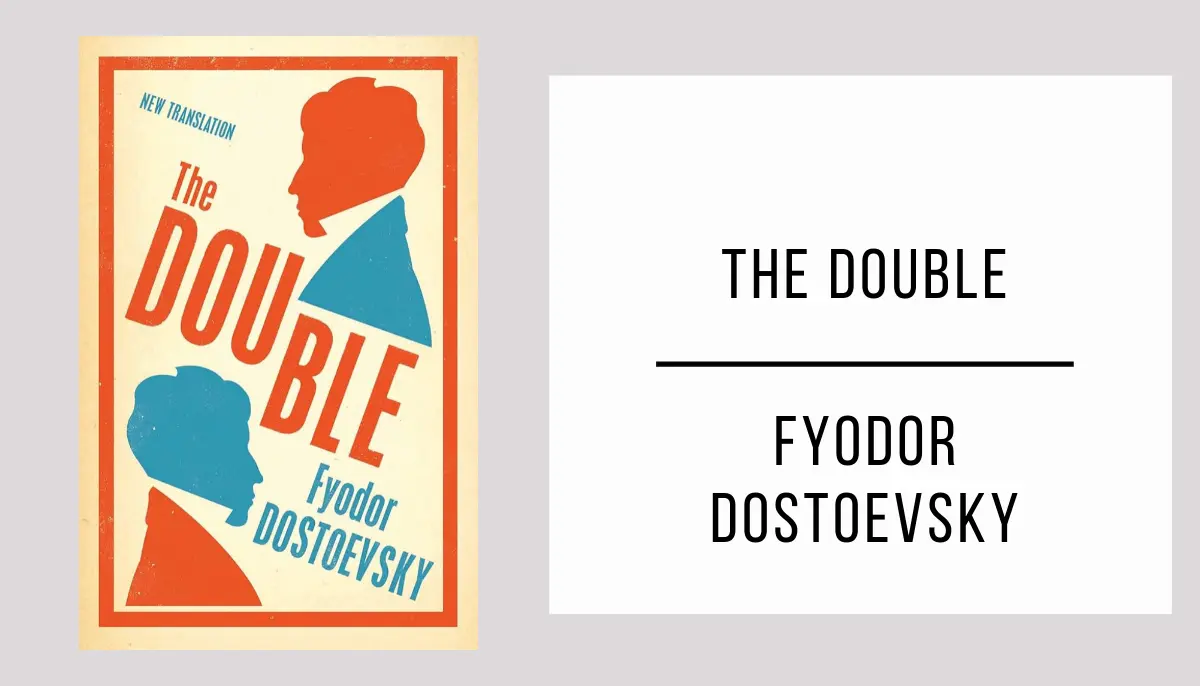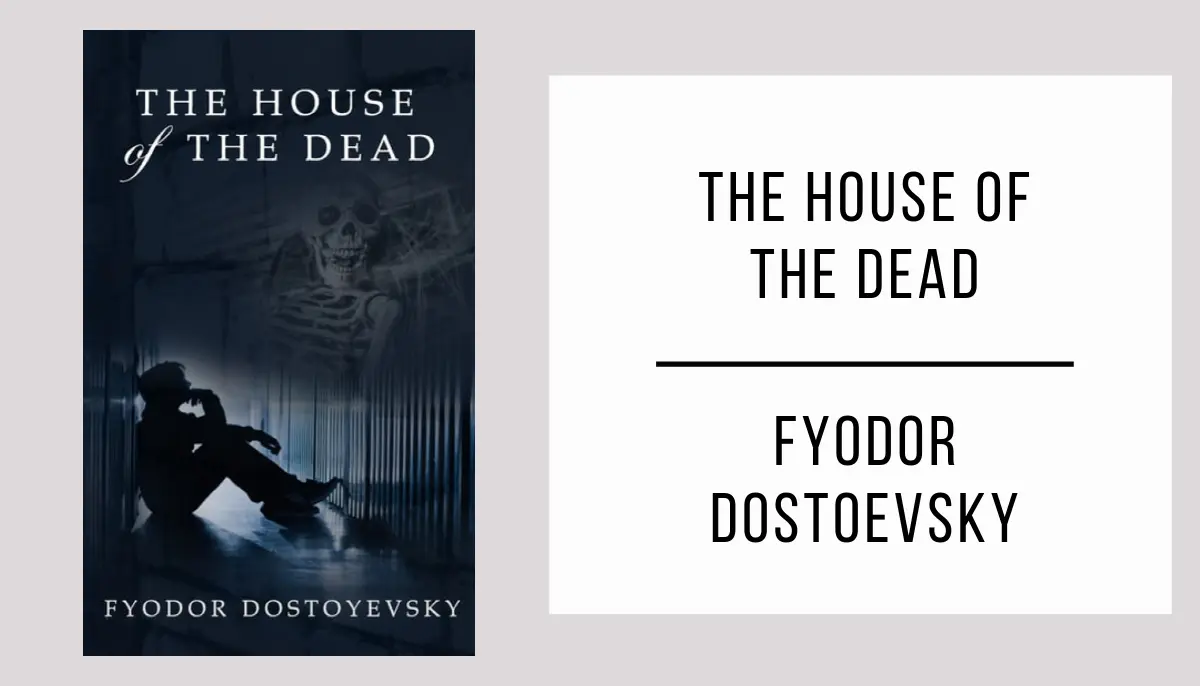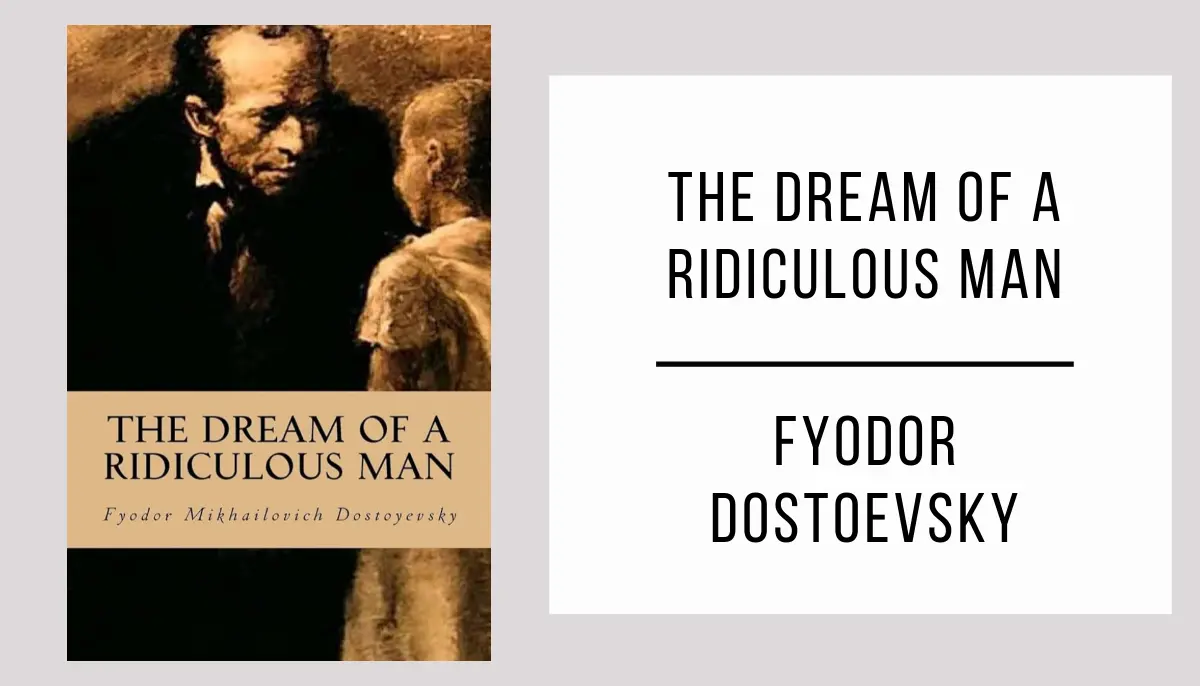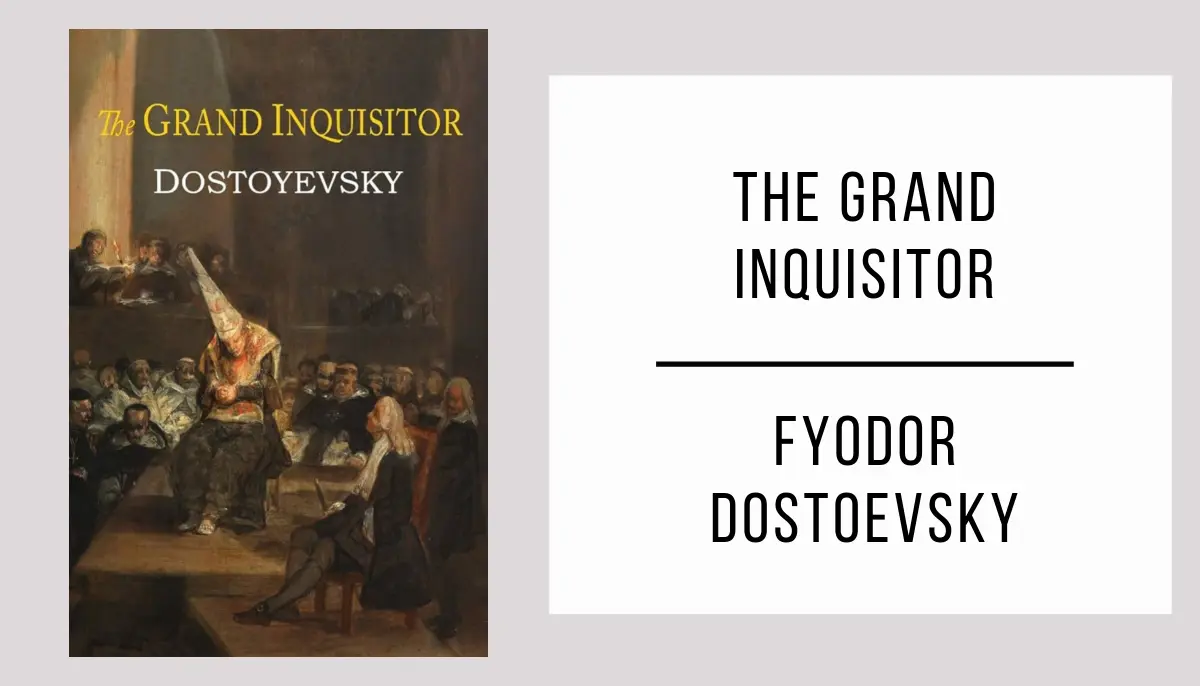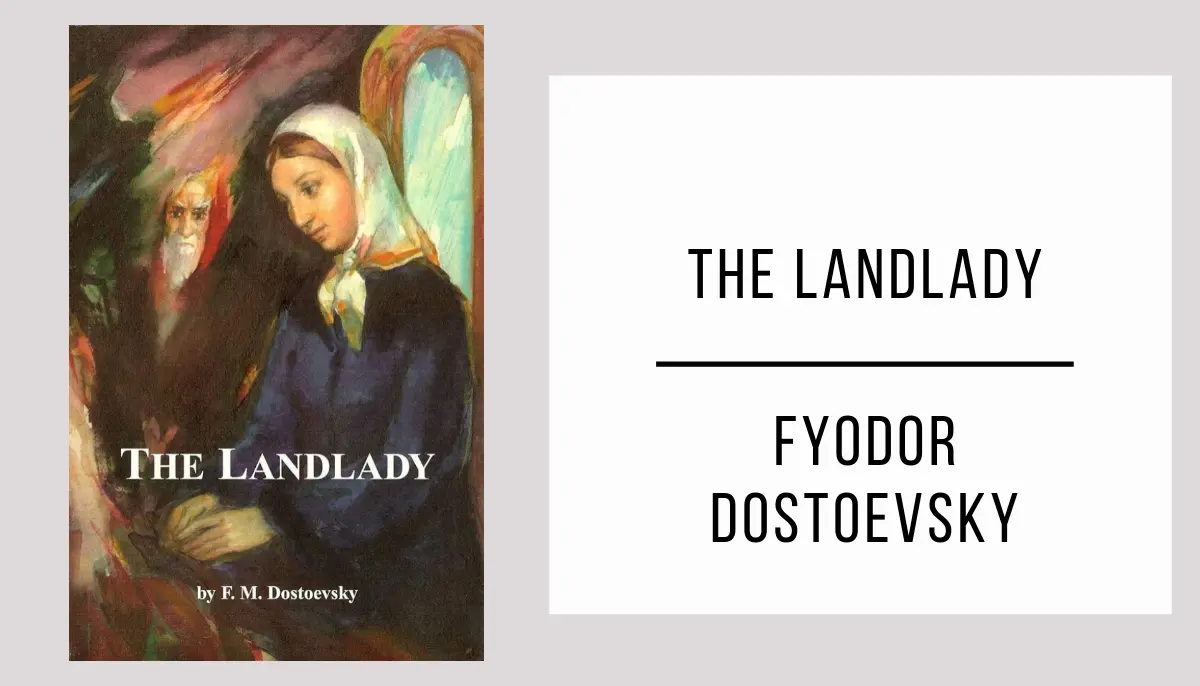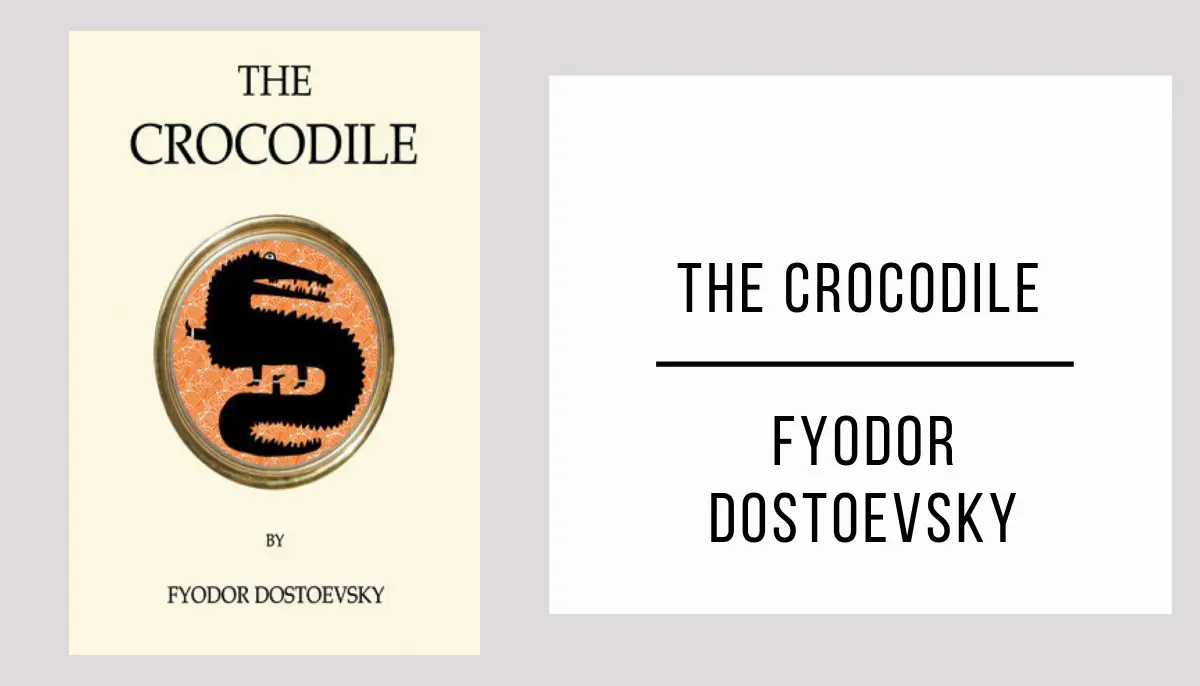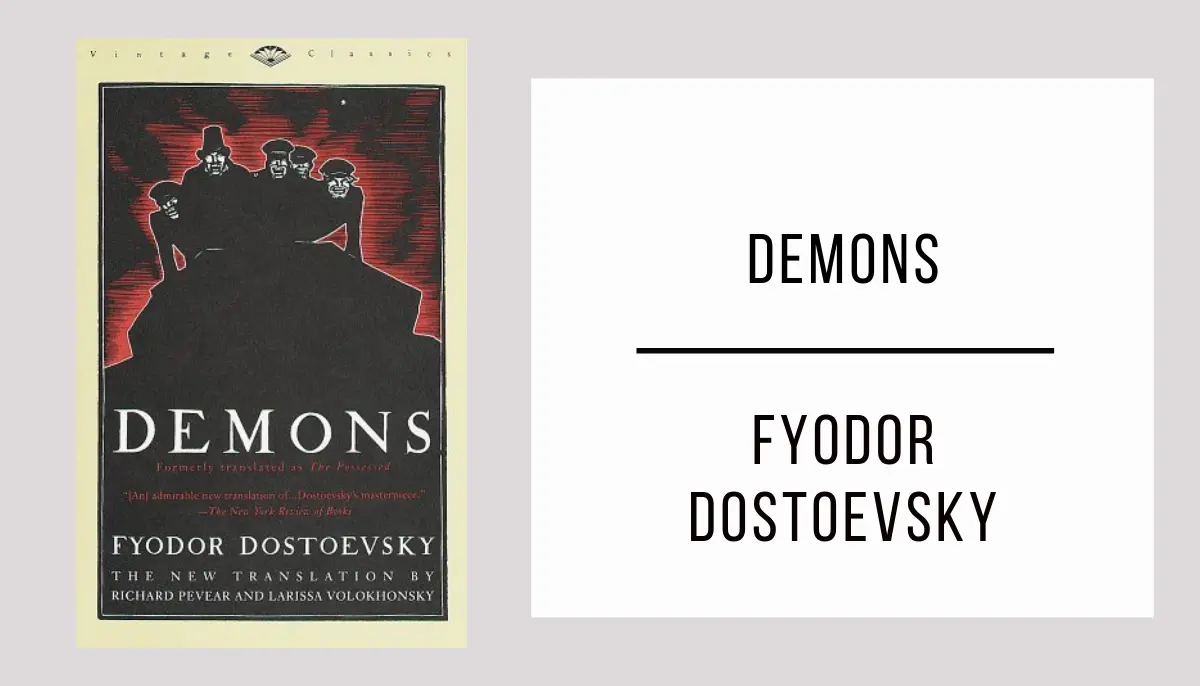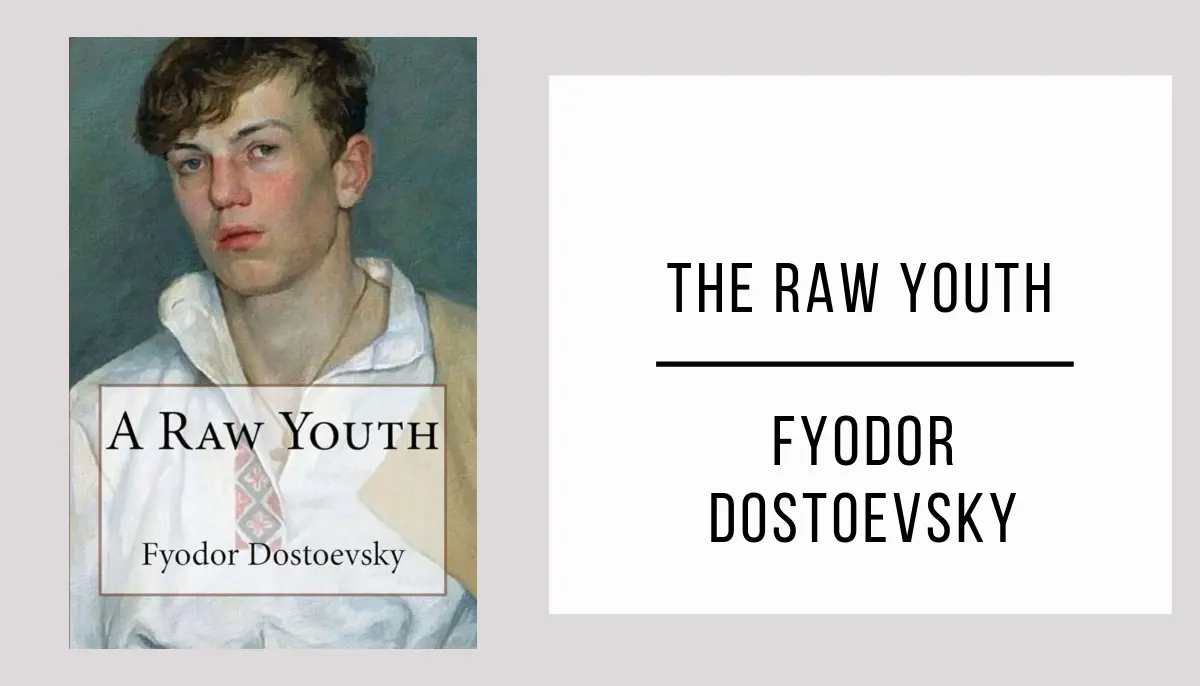Crime and Punishment is a literary masterpiece that explores the darkest recesses of the human mind. An intense tale of crime, guilt, and redemption that will leave you breathless.
Are you ready to immerse yourself in this stunning work? Download Crime and Punishment in PDF format for free right now and delve into the world of Fyodor Dostoyevsky.
Don’t miss the opportunity to experience the literary genius of Fyodor Dostoyevsky. Crime and Punishment will lead you to reflect on morality and the human condition like no other work.
Crime and Punishment in PDF
*Wait a few seconds for the document to load, the time may vary depending on your internet connection. If you prefer, you can download the file by clicking on the link below.
Loading fileInformation Crime and Punishment
- Author: Fyodor Dostoevsky.
- Publication Date: 1866.
- Main Characters:
- Rodion Raskolnikov: A impoverished student who commits murder for philosophical reasons.
- Sonia Marmeladov: A young prostitute who plays a significant role in Raskolnikov’s redemption.
- Porfiry Petrovich: The detective tasked with investigating Raskolnikov’s crime.
- Brief summary: “Crime and Punishment” narrates the story of Rodion Raskolnikov, a student in St. Petersburg who murders an elderly moneylender and her sister. The novel explores his internal struggle, motivations, and the consequences of his criminal act, as well as his relationship with Sonia, a prostitute who aids him on his path to redemption.
- Thematic analysis: “Crime and Punishment” addresses themes such as morality, guilt, Nietzsche’s superman theory, social alienation, and redemption. It also delves into the psychology of the characters and the influence of society on their actions.
- Historical context: “Crime and Punishment” was written in 19th-century Russia, a time of social upheaval, political reforms, and ideological tensions. Fyodor Dostoevsky uses the work to reflect on the ethical and philosophical dilemmas of his time, as well as to explore human psychology in a context of social change.


